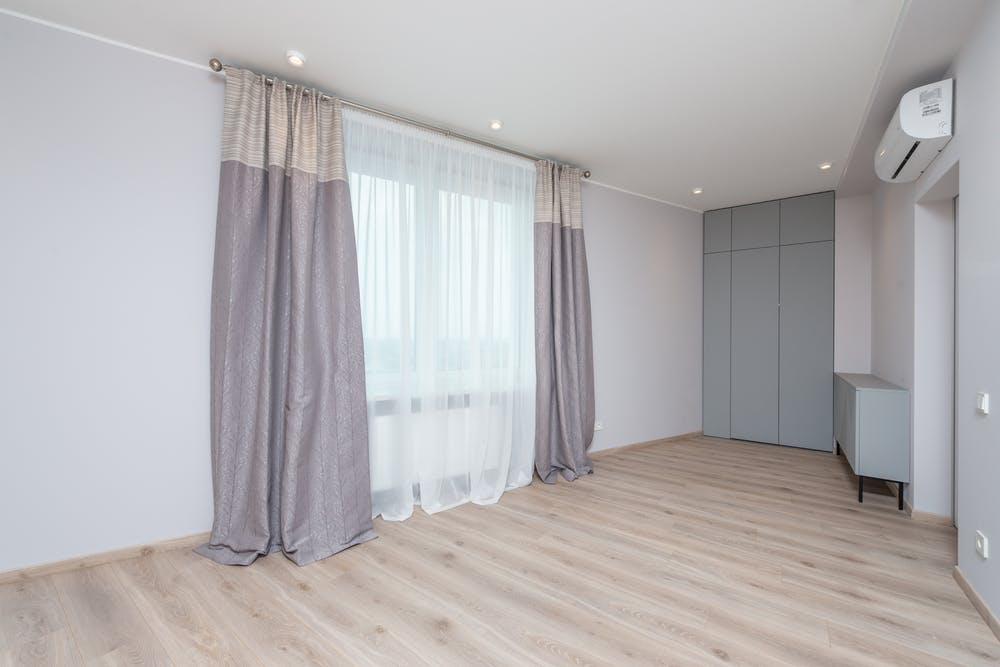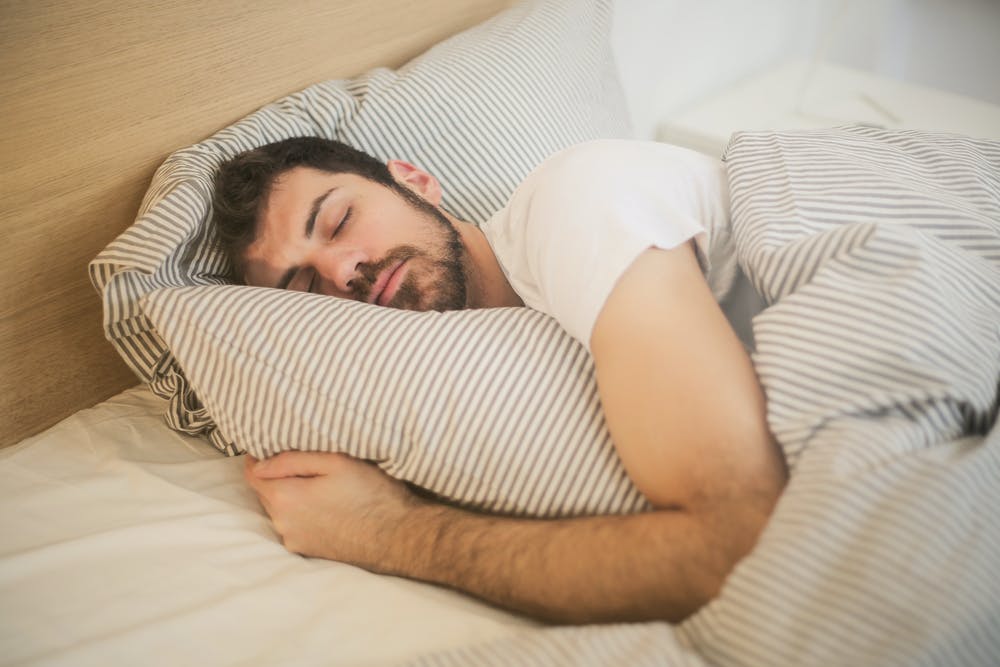How air conditioning impacts your health and sleep cycle, according to an expert


The recent spells of hot weather that Singaporeans have been experiencing have caused many of us to switch on our air conditioners. Turning the AC on can be such a huge relief especially on balmy afternoons, and can help many of us achieve a better quality of sleep.
But you may also wonder if the air circulating around the room might be doing more than just cooling you down. While it has a lot of pluses, mainly in keeping you cool on sweltering days, switching on your AC can also have its drawbacks.
Here, we spoke to Professor James Trevelyan, founder of eco-tech startup Close Comfort, to find out more about the effects air conditioning has on our health and more.

Cities are warmer than the surrounding countryside because there is less vegetation and lots of machines like air-conditioners and vehicles that release heat into the environment. Most artificial surfaces get hot in sunlight and release that heat through the night as well.
Most people can sleep comfortably with a temperature of 24° at night. With urban heating, however, the temperature around city buildings can be up to 10° warmer which is rather uncomfortable for sleeping. Therefore, people have to use air-conditioners which, in turn, causes more urban heating! People without air conditioners suffer!
What are some of the negative impacts AC settings have on your quality of sleep?
Traditional split air-conditioners recycle stale room air all the time. There is no fresh air ventilation. Therefore, carbon dioxide and human body emissions gradually build up in the air all the time.
These air-conditioners also continually remove moisture from the air and this drying action can affect the skin and cause it to become dry, flaky and itchy. It could also lead to eye irritations and breathing difficulties for many people.

The well-known “sick building syndrome” is associated with acute discomfort from headaches, eye, nose, or throat irritations, a dry cough, dizziness and nausea, even fatigue and impacts productivity.
It mainly results from the effects of traditional air conditioning. The main causes are inadequate ventilation, chemical contaminants such as volatile organic compounds (VOCs), and biological contaminants often related to bacterial action in accumulations of skin particles and other biological material inside air conditioning ducts and components.
Other causes include low-temperature drafts near cold air outlets. Most of these problems can be alleviated with higher quality maintenance of the building and air-conditioning systems. However, many building owners are reluctant to pay the higher costs.

Probably the easiest way to reduce the health impact of air-conditioning is to increase ventilation, preferably at least half a cubic metre of air per minute per person. Keep a window open to allow some fresh air to come in. Of course, that increases the cost of running your air-conditioner, but it should significantly improve sleep quality and ensure the best beauty sleeps.
It definitely helps to clean filters regularly. How often? Well, check your filters after a couple of weeks and you might be surprised how much dust accumulates, especially in a bedroom or where people move around a lot. Your air-conditioner will also work more efficiently, reducing your running costs. With some experience, you will learn how often to clean your filters.
Keep the temperature setting as high as possible. This reduces your running cost, dust accumulation and dehydration, all of which will benefit your overall well being, your skin and sleep quality.
The big advantage of portable ACs is that they enable much more ventilation and fresh air, improving health and sleep quality.
Avoid old-style portable ACs, with large exhaust pipes that you have to fit to a window. They are extremely noisy and inefficient: you will spend two or three times as much on electricity for the same cooling effect as a split or built-in ducted air conditioner.
[[nid:532898]]
Also, room humidity steadily increases while you use them. The exhaust pipe causes these problems. By exhausting hot air to the outside the machine has to draw outside air in through openings in the building, reducing the cooling effect.
The new personal ACs avoid these problems and are much smaller, lighter and easier to move. They are genuinely portable. They work best with the window open, so you sleep in natural fresh air. Your skin and nasal passages will thank you.
They are also much quieter, typically with the same sound level as an electric fan. Also, you will spend far less on electricity than any type of traditional air conditioner. They are also much better for the environment, significantly reducing urban heating, and your carbon footprint as well.
This article was first published in Her World Online.